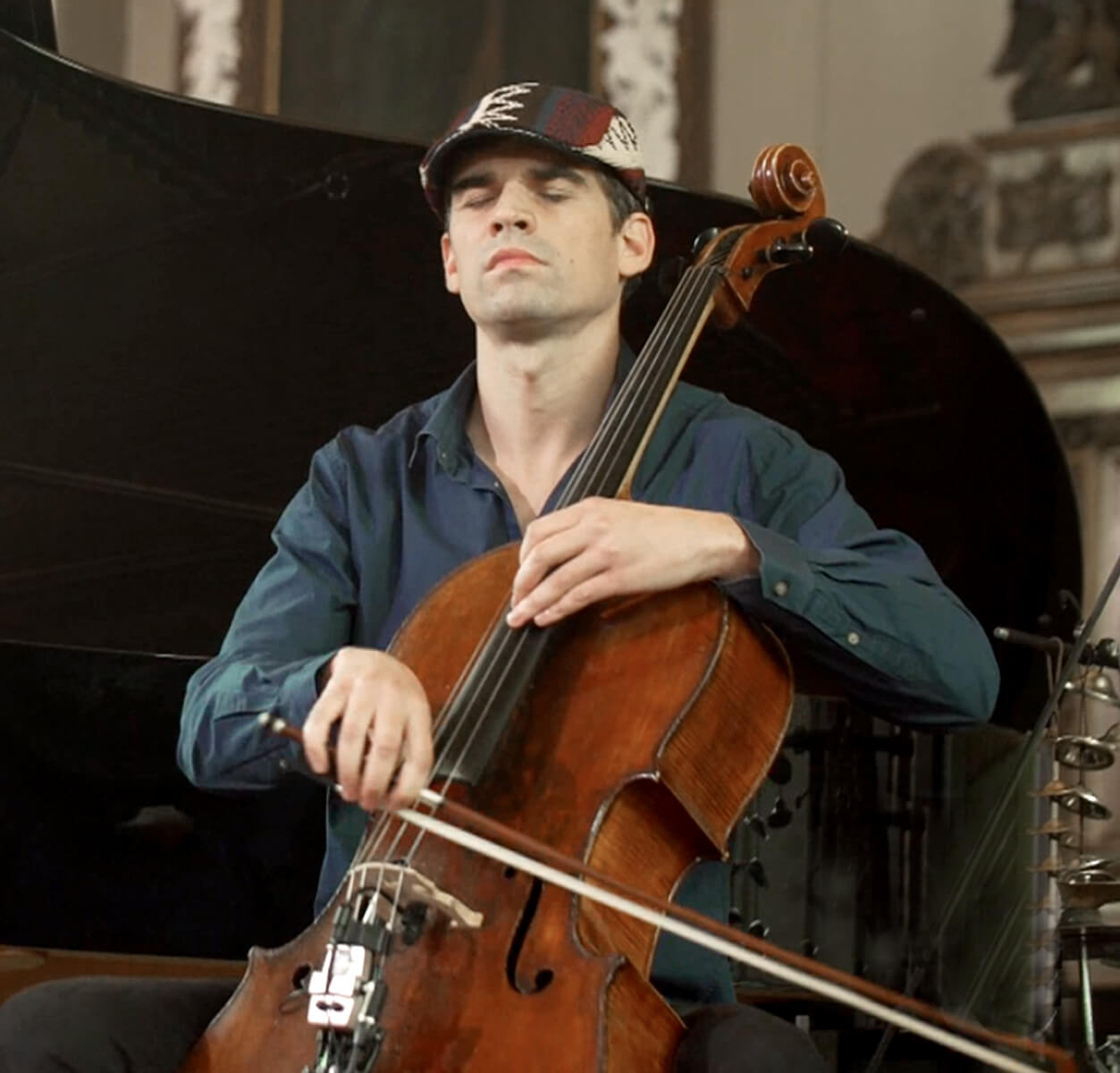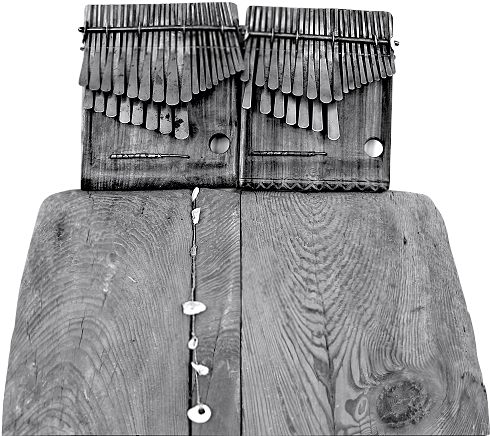
BENCE HUSZAR
cello & soundscapes (Hungary)
Bence Huszar is a cellist of Hungarian descent, coming from a family of musicians on both his paternal and maternal sides. His grandfather was a composer and ethnomusicologist, a student of the renowned composer Zoltan Kodaly. His grandmother was an opera singer. His father plays double bass in traditional Hungarian folk music groups. Bence began studying the cello at the age of six and has been dedicated to the instrument ever since. Over the years, he has studied with various masters, including at the Bela Bartok Conservatory with Gyorgy Deri and at the Amsterdam Conservatory with Monique Bartels and later Ernst Reijseger.
Towards the end of his institutional studies, Bence felt the need to delve deeper into his personal musical expression. He found certain aspects of traditional classical music increasingly unsatisfying, such as the strict adherence to notated music, the lack of pulse-based phrasing, and a general lack of creativity. As a result, Bence changed the course of his career and embarked on a musical journey that continues to this day. With the guidance of Ernst Reijseger, he studied experimental cello techniques and the art of pulse-based rhythmic improvisation. He also explored electronics in combination with the cello, opening the door to endless possibilities of new sonic colors. His musical versatility brought him into various groups, projects, and world music groups such as Vinsky Project, Havan, Karsu Donmez band, Jahida Wehbe project, and Namibian Tales.
What excites Bence the most about becoming a new member of Arifa is that he sees the collaboration with his colleagues as a real challenge—a new chapter in his musical career. It is a true challenge to embrace and something that offers space for further development. Additionally, his roles as a cellist within the group are very dynamic, giving him the feeling that he can fully express himself in Arifa’s music and that his entire palette of experience is necessary. The music is often rhythmically, melodically, and harmonically complex. On one hand, it is meticulously crafted, requiring precise interpretation, but on the other hand, it is also full of free parts that call for more creativity and improvisation. In this context, Bence can excellently use the cello as a lead instrument, an accompanying instrument, or an instrument with a bass function. He can also use it to create atmospheric elements in combination with electronic effects. Bence is one of the few cellists capable of fulfilling this role in the band.
